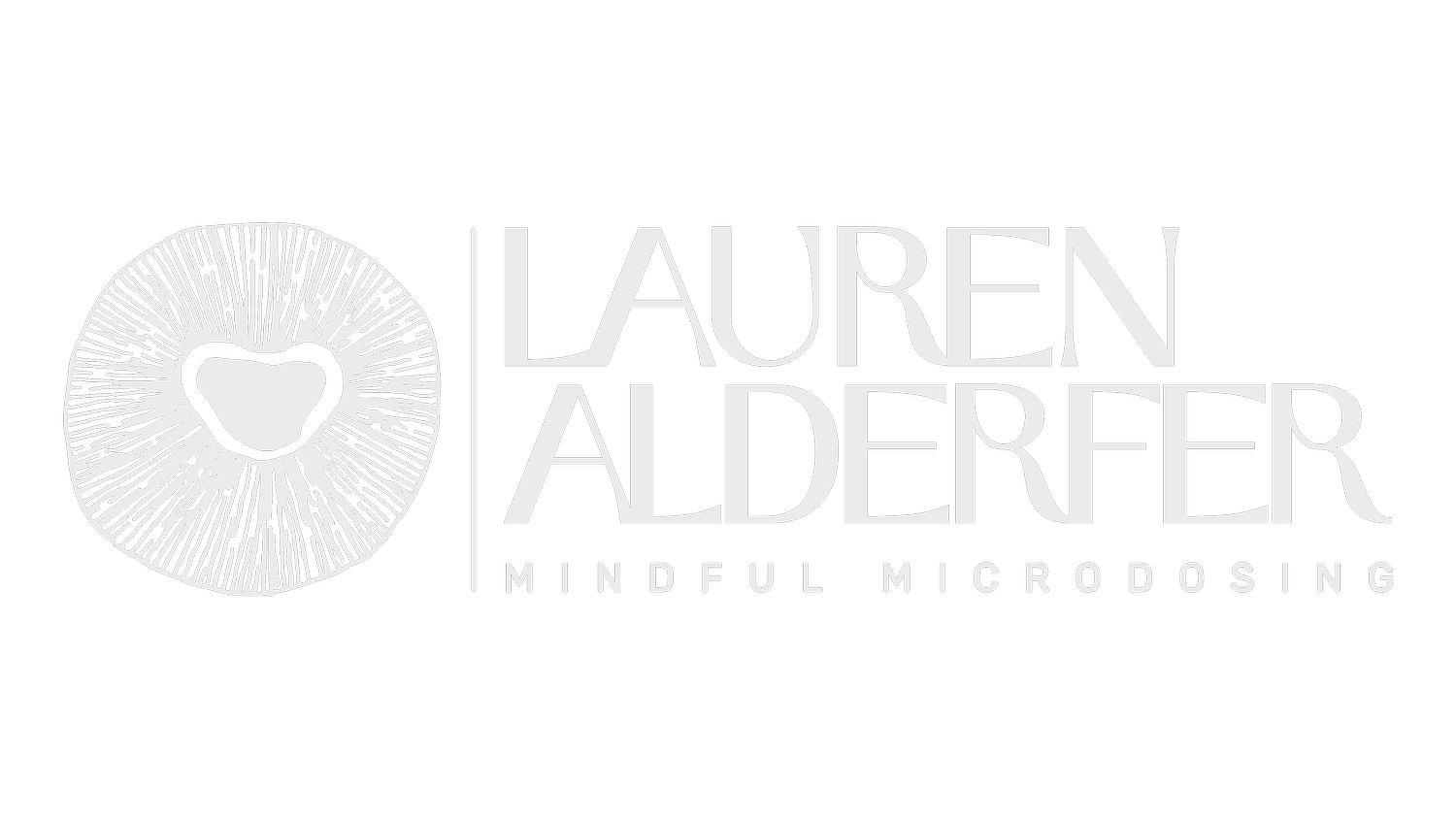A Mindful Approach to Dementia & Psychedelics: Our Shared Journey Series - Mexico: A Possibility for Aging, Especially with Alzheimer’s
Today I am writing to you under sunny skies on the outskirts of San Miguel de Allende in Mexico. We are exploring possible assisted living and memory care options. Seeking alternatives outside the U.S. as Henry’s Alzheimer’s progresses is not such a far reach.
We are not alone. North Americans increasingly come to Mexico for elderly care. When comparing the U.S. to Mexico, in terms of quality of care and cost, Mexico comes out on top—if you are paying out of pocket. In Canada, since the national healthcare system provides free options for people with dementia, there may not be as compelling a reason to seek services in Mexico.
Our eldest daughter lives in Toronto with her growing family. We have been in the lottery system for grandparent visas for Canada for close to five years, starting before Henry was diagnosed with Alzheimer’s. At the time, we were full-time residents of Costa Rica. What was not in our plan was settling in the U.S., just ten minutes from our youngest daughter. She relocated there after being evacuated from Ukraine, just after her third child was born (a story for another time).
Being with family is joyous and grounding. Additionally, Henry and I feel blessed to live on beautiful Vermont homestead land with expansive views. However, the reality of assisted living and full-time care options in the U.S. presents severe constraints. The overriding question is: “What are our options?”
Mindfulness contemplation helps me live with a sense of possibilities—that there are always options. Simply put, mindfulness is a source of positive thinking. The foundation of mindfulness grounds me firmly in the present, but it also includes an openness to the future. Mindfulness generates a feeling of hope and renewal. It is a nourishing practice, even when I am confused or in a place of uncertainty, such as right now, when we do not know what the future will look like or the choices we will eventually make.
A common approach to aging is ignoring the signs or denying the obvious. Oftentimes, the end result is having fewer options: being reactive rather than proactive. Mindfulness invites the present in all its fullness, which, in turn, supports living life in a more proactive manner.
Options—or at least experiencing life from a fresh, supportive perspective—can be more challenging as people age, and even more so when diagnosed with dementia. It is no wonder that the NIH is researching the use of psychedelics with Alzheimer’s. Even the promise of microdosing is cited in the abstract, while Johns Hopkins is currently studying psilocybin for people with Alzheimer’s experiencing depression. In fact, people are being recruited for this study through December 2025.
Psychedelics can be a gateway to possibilities, enabling one to embody life from a place similar to what mindfulness affords. When touching the wonders of life—which can be felt through the respectful, intentional use of psychedelics being researched—a different perspective can be experienced. A lived connection to a deeper sense of peace, resolution, or restfulness of heart and mind has been reported, as highlighted in the movie Fantastic Fungi.
Opening up to the wonders of life and potential options, even in early-stage Alzheimer’s, is what has brought us to Mexico. I look forward to sharing our experiences during our three-month stay. Barely five days in, we have already witnessed and heard stories of exceptional tender loving care and strong community connection. Plus, missing the Arctic cold and the snow falling in both Vermont and Toronto this morning helps our bodies and spirits flow into the warmth of the day ahead!
- Lauren Alderfer, PhD.

